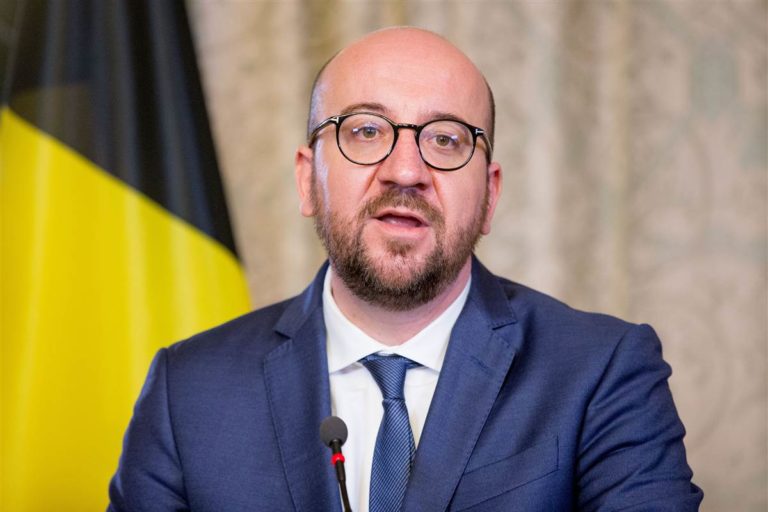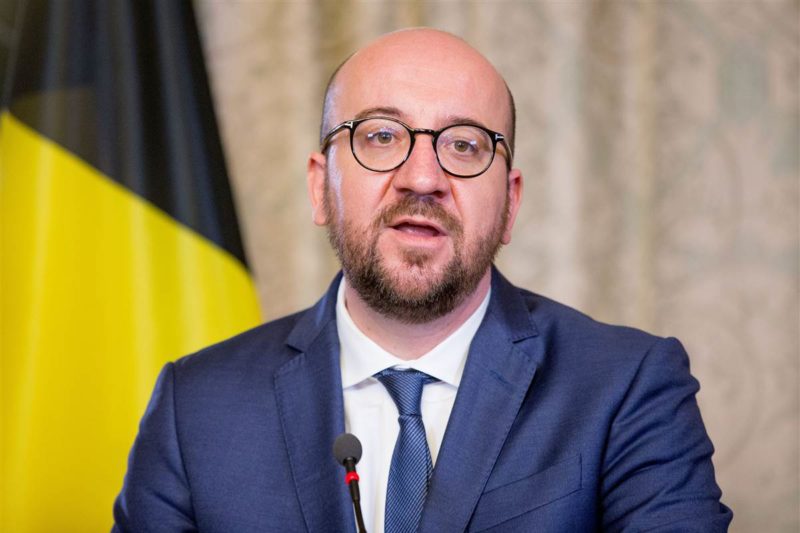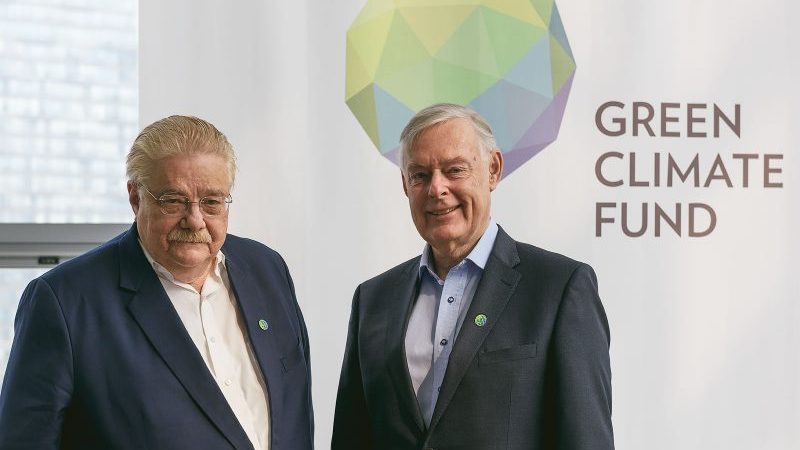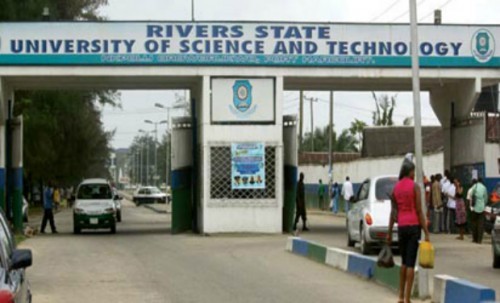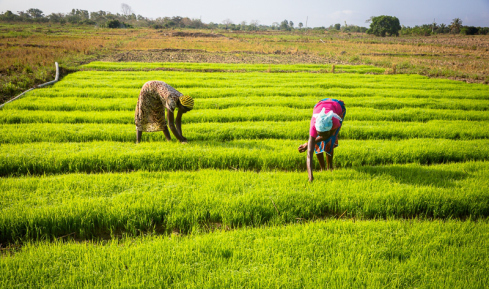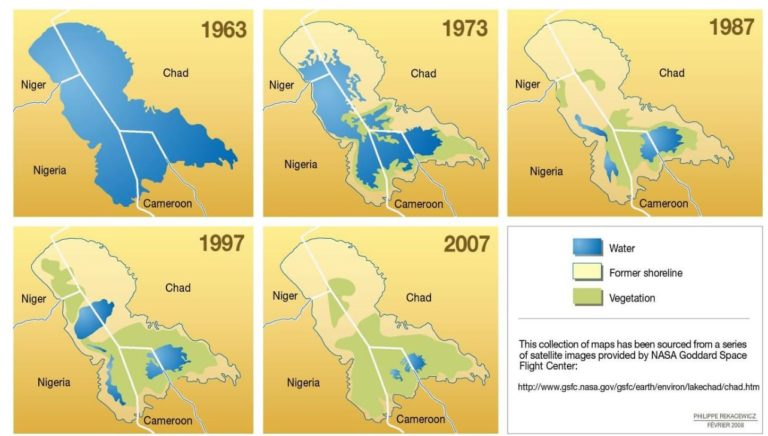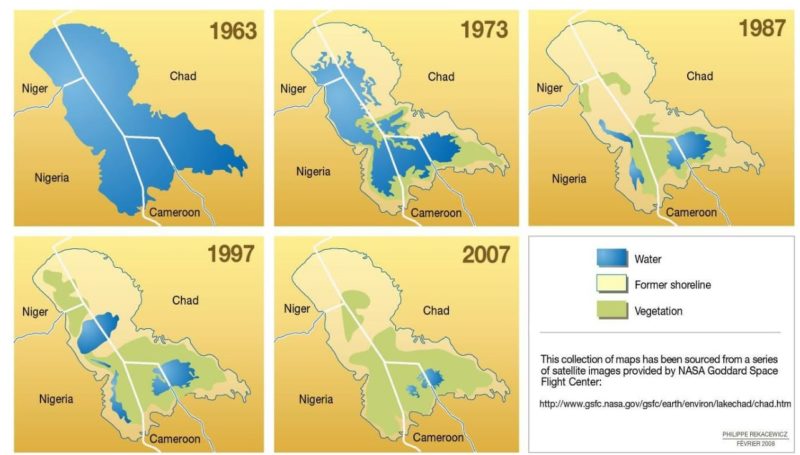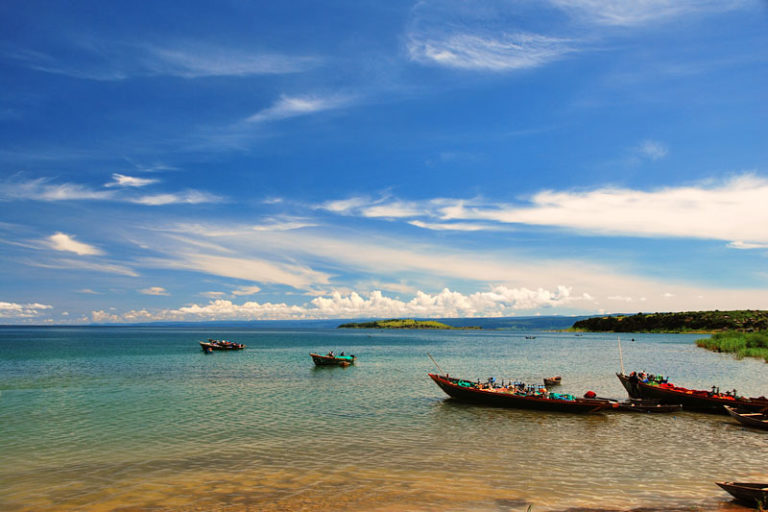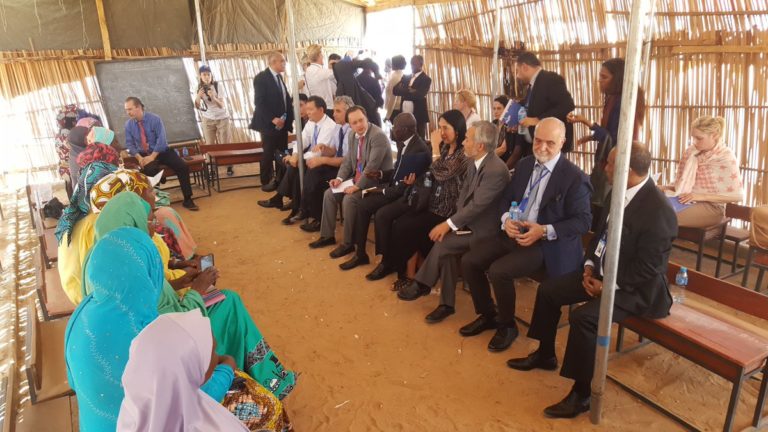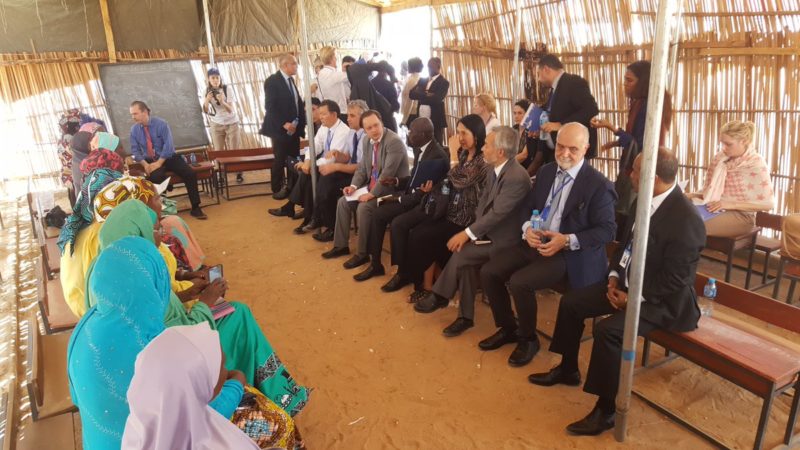Lagos-based estate surveyor and valuer, Mr Oyebode David Adediji, has emerged president of the Alumni Association of the Faculty of Environmental Design and Management (EDM) of the Obafemi Awolowo University, Ile-Ife, Osun State.
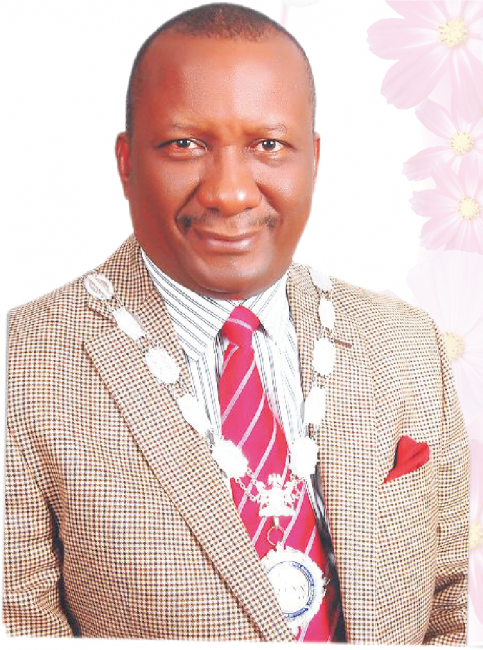
The association was formally inaugurated last week at the sidelines of Alumni Reunion of the faculty under the chairmanship of the Vice-Chancellor, Professor Eyitope Ogunbodede, represented by the Deputy Vice-Chancellor (Administration), Professor Chris Ajila.
Adediji, fellow and past president of the Nigerian Institution of Estate Surveyors and Valuers (NIESV), holds a Bachelor of Science (B.SC) degree in Estate Management, emerging as the best graduating student of the Department in the University of Ife (now Obafemi Awolowo University) in 1979. He also holds a Master’s degree in Estate Management (Urban Land Appraisal), Reading University, United Kingdom in 1984.
In a statement made available to EnviroNews on Friday, March 2, 2018, Adediji’s publicist, Mr Boye Ajayi, described him as “a man destined to be a leader has grown from being a distinguished scholar into a role model in the real estate profession. He is well positioned to chart a new course for the EDM Faculty through resourcefulness and qualitative leadership.”
According to Ajayi, Adediji is a member of several professional bodies such as: NIESV, Estate Surveyors and Valuers Registration Board of Nigeria (ESVARBON), International Real Estate Federation (FIABCI), African Real Estate Society (AFRES), Nigerian-South African Chamber of Commerce (NSACC), and Institute of Directors (IoD) Nigeria.
In her welcome address during the Alumni Reunion, Professor Olubola Babalola, Dean, Faculty of EDM, pointed out that, as the leading Faculty in the built environment discipline in Nigeria, most of the Alumni hold top positions in consultancy firms, contracting companies, banks, public service, armed forces and other notable offices in and outside Nigeria.
“It is not by accident that the longest building on OAU campus is the Faculty building of professionals in the built environment,” she said, listing the departments in the faculty to include: Architecture, Estate Management, Urban and Regional Planning, Quantity Surveying, Building, Fine Arts, Land Surveying and Geomatics.
The Vice-Chancellor, in his opening remark, said that in the vision to develop the university into the incubator for national policy research and development, there are many areas where the Alumni can assist.
His words: “Your contribution to the university endowment fund initiating developmental project, maintenance of existing infrastructure, student internship, industrial experience and job placement, scholarship and research grants are some of the numerous ways you can add value to the university.”
He asserted that, “with our collective efforts, we can take the faculty and the university at large to an enviable position in the comity of schools of built environment and environmental design and management, both locally and internationally”.
The newly inaugurated cabinet members of the association includes Bldr Lasabi Tunde; Esv Biyi Adesanya; Esv Akin Olawore; Tpl (Prof) Leke Oduwaye; Tpl Toyin Akpan; Tpl Wale Olaoye. Others are Qs Wasiu Akewusola; Qs Sesan Obe; Qs Lekan Adeosun and Olanrewaju Akintilo.
The aims and objectives of the newly inaugurated association include serving as the official link between the OAU and its Alumni; to foster up-to-date and vital information regarding the Institution; to encourage all Alumni to retain their interest in and loyalty to the university at all times; to initiate and execute programmes and activities aimed at accelerating the overall growth and development of the University; and to provide necessary encouragement including financial assistance to an effective leadership for the students of the university.
The association is also aimed at forging useful links between students, parents, teachers and other friends of the university and its community; and to inaugurate and/or revive branches of the association in all parts of Nigeria and beyond.

